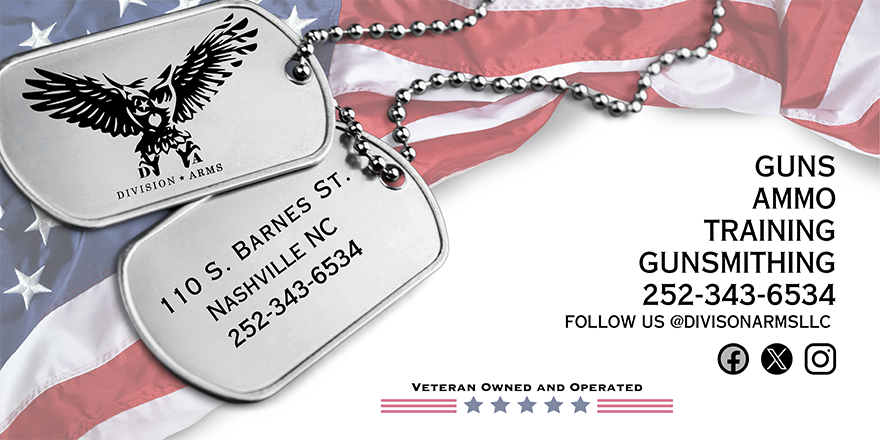I don’t understand the article title. What does the bystanders pulling her from the car have to do with anything? How does the medical examiner report know this?
Cervical fracture that was destabilized?
Help me understand
OK.
The whole article, from the title to the closing paragraph, reeks of journalistic ineptitude on par with beginning freshman level high school writing skills.
That's really all you need to know about the writing skills of "WRAL Investigates" journalists.
THAT SAID (going back to
@Stogies OP):
1. "they drank underage, not a wise move but hey" Yep. Definitely against the law, but the REAL issue is that this country's response to irresponsible drinking was to raise the minimum drinking age to 21 instead of promoting responsible adult drinking in the first place. My opinion here, but that's the nuts and bolts of it. Alcohol should NOT be a taboo subject to the point where it becomes the defacto avenue of social defiance. It should literally be something that's "no big deal" as just another aspect of adult responsiblity growing up.
2. "they drove drunk, very stupid" Absolutely. One thing I put otu to every Sailor under me, and even on the same level as myself, when I was in the Navy: If you're drinking, don't drive. Make arrangements for someone else to do so. And if they were ever in need...call me any time and I'd personally come out to pick them up and take them home, no questions asked. Apparently my own kids took that to heart, because they're all past legal drinking age and haven't done anything stupid (that I know of, anyway).
3. "they drove drunk and raced, incredibly stupid" No words for how stupid this is, but a bit of personal experience that, fortunately, didn't work out badly for me when I was younger. A friend had too much to drink and I couldn't get his keys away from him. (I hadn't been drinking.) So I tried what I thought was a "smart" thing to do: follow him to be sure he made it home OK. Well, it turned out his drunk *ss decided it was race time to see if he could ditch me and I was stupid enough to try to keep up. Fortunately it didn't end in tragedy and when it was over, I told him he could f*** off, he was on his own and I'd never try looking after his sorry *ss again.
Legal drinking age is a big deal for a lot of people...and so is circumventing it. Making it an age where young people will more likely be away from home (college age) as they approach it instead of an age where they're going to be more closely monitored/supervised is insane.
My opinion, of course.
Now the survivors have to live the rest of their lives with the very tragic consequences of their actions. And so will this young lady's family.


